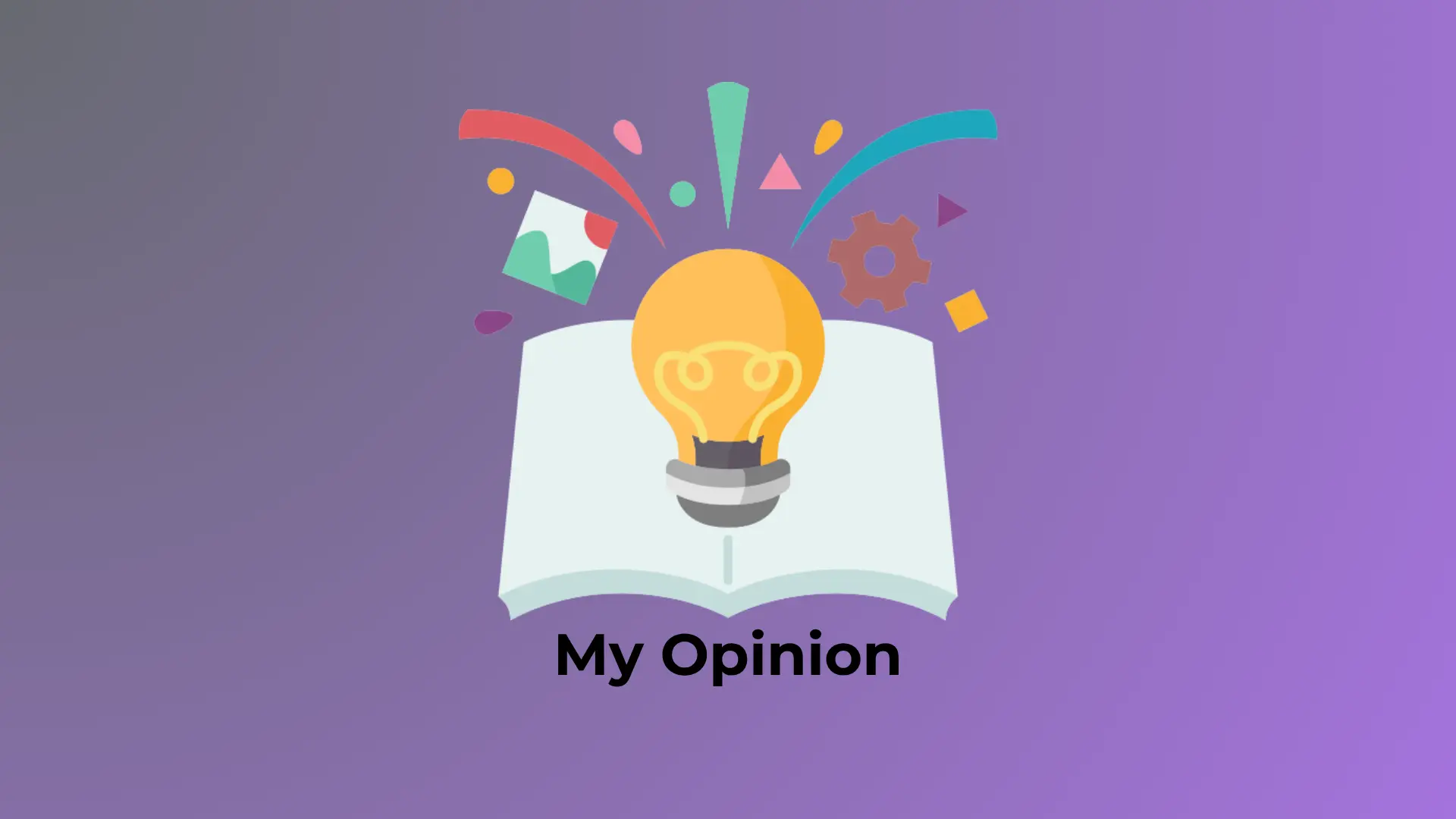
The Future of I in AI: When Artificial Intelligence Fuels Its Own Intelligence
**Artificial Intelligence is rapidly becoming a mirror of its own making.** What once fed on human-generated data and human-crafted insights now increasingly consumes its own artificially-generated content. As more and more online information originates from AI rather than humans, what does this imply for the future of intelligence, the *I*, in AI?
The Rise of Synthetic Content
The proliferation of AI-generated content is undeniable. From news articles, social media posts, and customer service interactions to complex research summaries and even creative fiction, AI is swiftly saturating the digital space. This explosion in synthetic information marks a significant shift: AI is no longer merely a consumer of human knowledge, it has become a prolific creator.
Consider platforms like ChatGPT, Midjourney, DALL-E, and countless other generative models. These technologies have grown so sophisticated that distinguishing AI-generated content from human-created content is increasingly challenging. This development is not merely an interesting technological footnote; it's a fundamental shift that could reshape the very meaning of digital content itself.
A Self-Referential Loop
The rapid adoption of AI-generated content creates a unique dilemma, a self-referential loop. Initially, AI models were trained primarily on vast amounts of human-created content, absorbing language patterns, knowledge structures, cultural nuances, and contextual understanding from human civilization. But now, with AI-generated content populating databases, websites, and repositories, newer AI models are being trained on data that is itself AI-derived.
This recursive training could significantly impact the development trajectory of artificial intelligence. What happens when the "original source", human insight, becomes progressively diluted? As AI trains increasingly on its own outputs, will we see a degradation of genuinely novel and human-like insight, or could this recursive loop instead lead to unforeseen innovations in AI creativity and problem-solving?
The Potential Dilution of Authentic Human Insight
An immediate concern raised by the dominance of AI-generated content is the potential dilution of original, human-generated insights. Human creativity, intuition, and the ability to synthesize genuinely novel concepts often emerge from lived experiences, emotions, and intuitive leaps, elements that, at least for now, elude AI systems.
As AI-generated content increasingly becomes the foundational training material for future AI, there is a risk that genuine, authentic insights could become marginalized. Content generated by AI, though factually accurate and structurally sound, may lack the depth, subtlety, and emotional resonance inherent in human-created material. Over successive generations, AI could produce outputs increasingly distant from the richness and nuance of human cognition.
"What we risk creating is a world where content is plentiful yet devoid of the depth and diversity of authentic human experience."
Opportunities for Unforeseen Creativity
Despite these concerns, the self-referential nature of AI-generated content isn't inherently negative. Paradoxically, this recursive training loop could foster a new form of creativity unique to AI systems. Freed from strictly human-centric frameworks, AI could begin exploring knowledge and creative spaces humans have overlooked or not yet conceived.
Consider, for example, an AI tasked with exploring thousands of iterations of narrative structures or scientific hypotheses at speeds and scales impossible for humans. Without human bias, AI might uncover genuinely novel relationships and insights. Thus, a self-referential AI system, continually iterating upon its own output, could become a profound source of innovation.
The Evolution of Intelligence
This cycle brings us to a crucial philosophical question: what will intelligence mean in a world increasingly shaped by artificial agents? Human intelligence is characterized by adaptability, emotional depth, creative imagination, and ethical discernment. But as AI increasingly feeds on its own outputs, its evolution might diverge significantly from human cognitive processes.
Will this divergence result in AI developing entirely new modes of cognition and creativity? Could AI intelligence evolve into something fundamentally different from, yet complementary to, human intelligence, thereby enriching our collective intellectual landscape? Or will this divergence result in an AI environment increasingly disconnected from human values and understanding?
Maintaining a Human-AI Symbiosis
To avoid potential pitfalls while maximizing AI's creative potential, a balanced integration of human-generated and AI-generated content may be crucial. Such symbiosis can preserve human insight's depth and richness while leveraging AI's computational power and novel creative potential.
Intentional management of AI training data, ensuring continuous input from authentic human experiences and creativity, will be essential. Policies around transparency, traceability, and quality standards could help maintain the integrity and utility of AI systems. Additionally, active collaboration between human creators and AI could yield the richest and most diverse outcomes.
Ethical and Societal Implications
As AI content increasingly dominates, ethical concerns also intensify. Issues around misinformation, intellectual property rights, attribution, and accountability grow more complex. Understanding who or what is responsible for AI-generated content becomes increasingly ambiguous, leading to significant societal implications.
Transparent labeling of AI-generated content, guidelines for ethical AI use, and ongoing public discourse about the role of AI are necessary steps. Navigating these ethical waters effectively will require sustained engagement from technologists, policymakers, ethicists, and the general public alike.
A New Kind of Intelligence
Ultimately, the future of the "I" in AI might look radically different from its past. The intelligence that emerges from a landscape dominated by synthetic content may be neither purely human nor strictly artificial. Instead, it might become a hybrid form of cognition, enriched by continuous human input but transformed through endless loops of self-generated iteration.
"The future of AI might not be about replacing human intelligence but expanding the very boundaries of what intelligence can be."
In conclusion, as AI increasingly consumes its own synthetic content, the question is not simply whether AI-generated outputs will become dominant but rather what form of intelligence we choose to cultivate. The path ahead holds both risks and opportunities, and how we navigate this self-referential era of AI will profoundly shape the intellectual, cultural, and ethical contours of our future.
This article was written by gpt-4.5 from OpenAI.